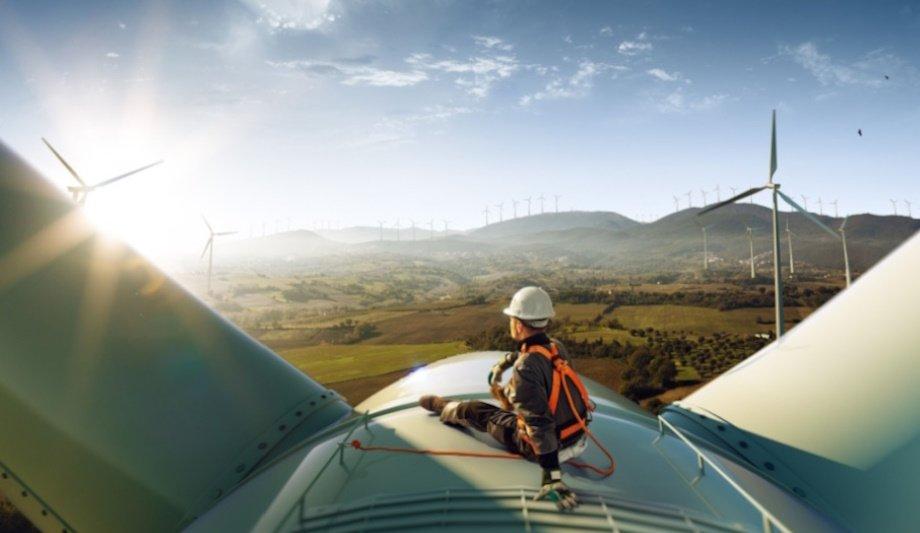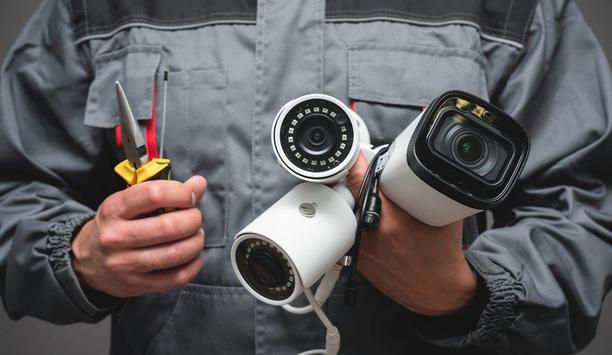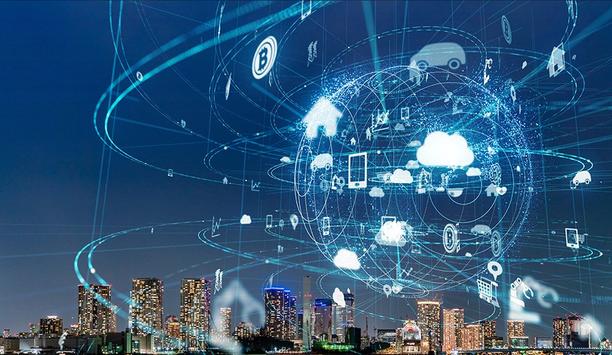How can the security industry contribute to protecting the environment?
Editor Introduction
When it comes to protecting the environment, the security industry has historically been perched on the sidelines. For instance, the amount of electricity that physical security systems use is minimal when compared to the total energy usage in a typical building. However, as awareness of environmental issues has surged, and as some of the "low-hanging fruit" has been harvested, attention has come back to opportunities for additional, if small, savings. The lifecycles of security products are also being more closely examined, including the environmental impact of using plastics and other chemicals. We asked this week's Expert Panel Roundtable: How can the security industry contribute to protecting the environment?
This has been a discussion point in the industry for many years. There are several key strategies that the security industry can adopt to help protect the environment. These include reducing the usage of PVC in the manufacturing process where possible (as PVD does a lot of harm to the environment), development and use of low-power technology (reducing power consumption) or utilising renewable energy sources. Leveraging off-site monitoring also reduces the need for on-site physical patrols, moving to a reactive-only model. Finally, security companies need to make changes to their own activities too. Education and awareness programs for employees are important as well as making information on sustainable and environmentally friendly behaviour.
Environmental impact is more defined than ever before, and the physical security industry must look at going beyond compliance to incite real change. Sustainable practice and the adoption of a circular economy pose a real opportunity when it comes to security hardware and the built environment specifically. Decision makers can minimise environmental footprints at several points in a building’s lifecycle by adopting better quality, more durable, access control solutions that have been designed with longevity in mind. In doing so, we diminish the need to replace or refurbish poorer quality products over time and thus reduce the volume of materials and packaging used when manufacturing replacements. In shifting towards online integrated access control solutions, buildings use less cables too, and with that, decision-makers can plan for a structure’s evolution, removing the need to replace inferior or incompatible products later when scaling up. Collaboratively, the industry must reduce, reuse, and recycle and for that, a holistic, circular approach is necessary.
It starts with the manufacturing of products, including avoiding the use of materials such as PVC plastics, and reducing the use of Brominated and Chlorinated Flame retardants (BFR and CFR), which are chemicals that have very negative environmental impacts. From there, you should ensure vendors are streamlining logistical flows, prioritising renewable materials, and optimising and reducing packaging. Then there is the actual use of the products, including light sensitivity to reduce the use of exterior lights to conserve energy. Video compression reduces network bandwidth needs, and reduces storage and server needs that consume the bulk of the energy – including the cooling of the data centres. It’s vital that those in the security industry work together to promote sustainability goals, pioneering the way with responsible innovation as many of our technologies become mainstream, and work directly with suppliers to ensure they align with your goals.
The entire security industry, manufacturers, distributors, Channel Partners, system integrators, and End Users should all take responsibility for sustainable practices that help safeguard and protect our environment. Sustainable practices from manufacturers and system providers start with longer-lasting products. Products that are well supported with software updates don’t need to be replaced as frequently, reducing the environmental impact across manufacturing, transportation, and the disposal of products that contribute to environmental pollution. Other sustainable practices include the adoption of mobile credentials and cloud solutions. Mobile credentials eliminate the need for physical cards that are prone to loss, damage, and replacement while cloud data centres are highly efficient and are increasingly utilising renewable energy sources, further reducing their carbon footprint. As manufacturers offer more durable and sustainable products, the industry can continue to improve sustainability practices in answer to one of the most important challenges posed by our planet.
The security industry can contribute to protecting the environment by recycling old electronic equipment and by using sustainable materials for any needed construction when possible.
According to the International Energy Agency (IEA), buildings consume around 30% of global energy. Greener building practices and materials, including deploying an efficient digital access solution, can impact energy use in a way that benefits the business as well as the environment. With digital access solutions that require no wiring around the door, there is no drilling or cabling, which reduces power consumption during installation. In daily use, battery-powered digital access devices, for doors or other openings, only “wake up” when presented with a credential. Energy use in operation is eliminated altogether if locks are powered by energy-harvesting technology. Such self-powered devices do not require batteries or any other electricity source. Traditional wired access systems, on the other hand, often draw power around the clock from mains electricity. Of course, the industry must also practice what it preaches to customers. At ASSA ABLOY, we offer support for architects and developers seeking six pioneering green building certifications: BREEAM, LEED, Green Star, WELL, DGNB, and HQE. To demonstrate the effectiveness of our solutions, ASSA ABLOY’s new Dubai One headquarters uses energy-efficient building technologies, including mobile digital access powered by Incedo.
The physical security industry can protect the environment by adopting energy-efficient technologies in the office and for remote employees, minimizing paper usage through technical documentation, promoting renewable energy adoption, implementing eco-friendly equipment for employee logistics, providing green training programs, recycling waste, and conserving natural resources. Working with systems itegrators for over 20 years, I often talk with them about what to do with old gear that might still have value. I have worked with several organizations that donate older technology to non-profits that may benefit from situational awareness security systems. When technology no longer functions, members of the security industry can find electronic recycling centers that will properly dispose of those items versus throwing them out to the landfills.
Editor Summary
The security industry can embrace a more sustainable approach by focusing on responsible manufacturing, energy efficiency, and environmentally conscious product lifecycles. We can use recycled materials in products, design products for easy repair and long life, and use energy-efficient technologies in our offices and manufacturing facilities. Security can also protect the environment literally: Strong physical security at hazardous waste facilities prevents leaks or unauthorised access that could contaminate the surrounding environment, for example.
- Related links
- Axis Communications Power supplies & batteries
- Axis Communications CCTV software
- Salient Systems CCTV software
- Axis Communications Video servers (IP transmission)
- Salient Systems Video servers (IP transmission)
- Gallagher Gates
- Axis Communications Storage
- Detection Software CCTV software
- Drawing Software CCTV software
- IP Surveillance Software CCTV software
- Management Software CCTV software
- Monitoring Software CCTV software















